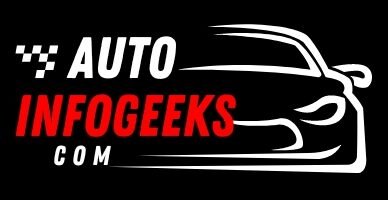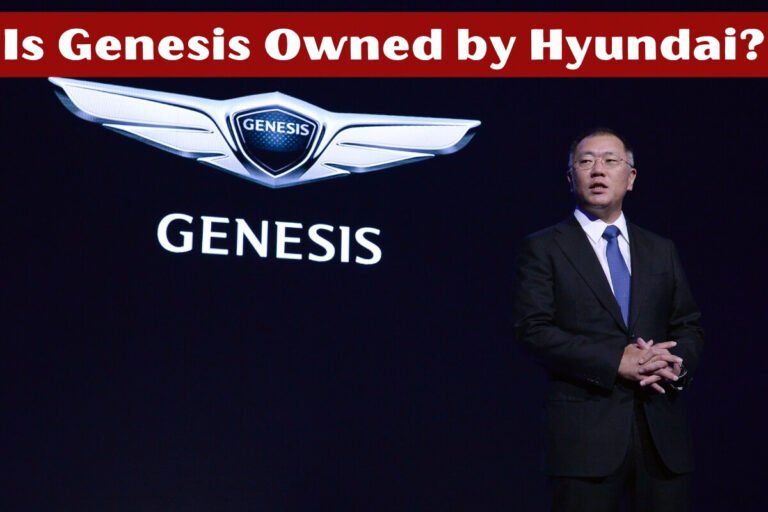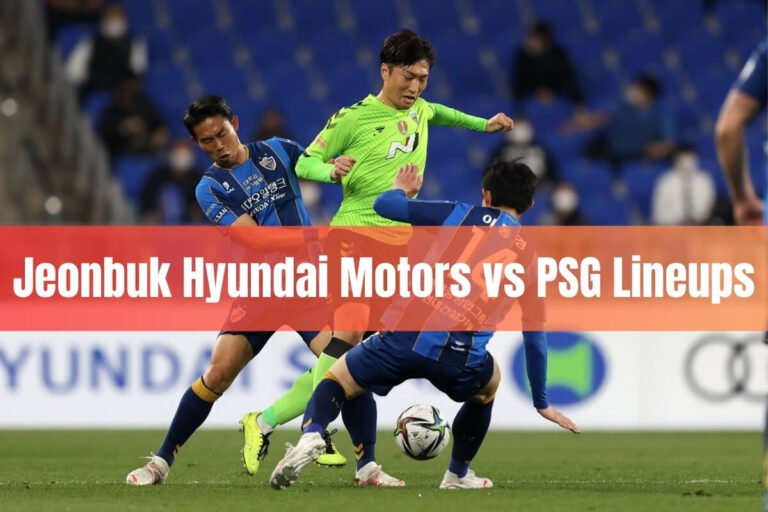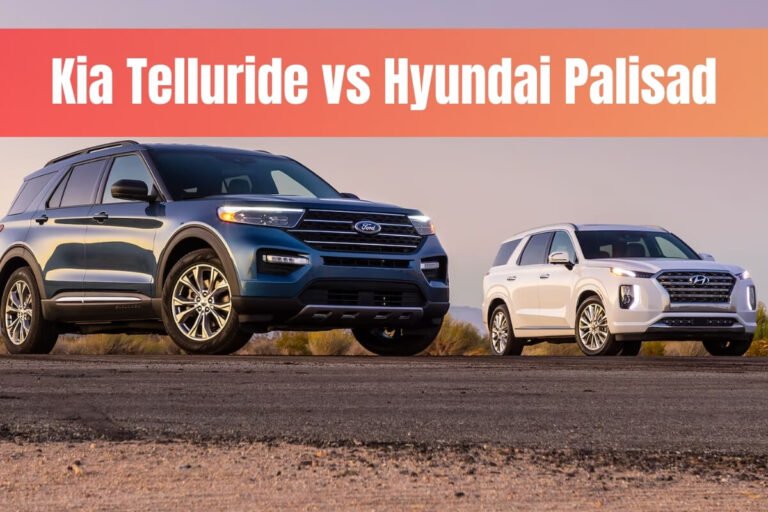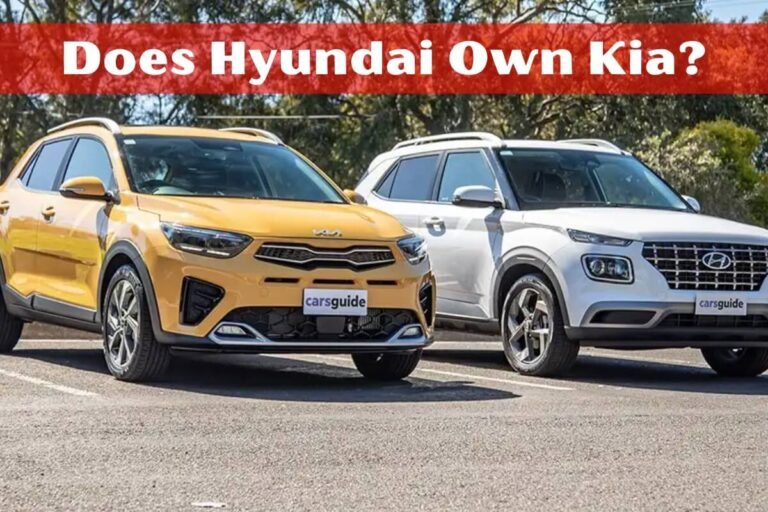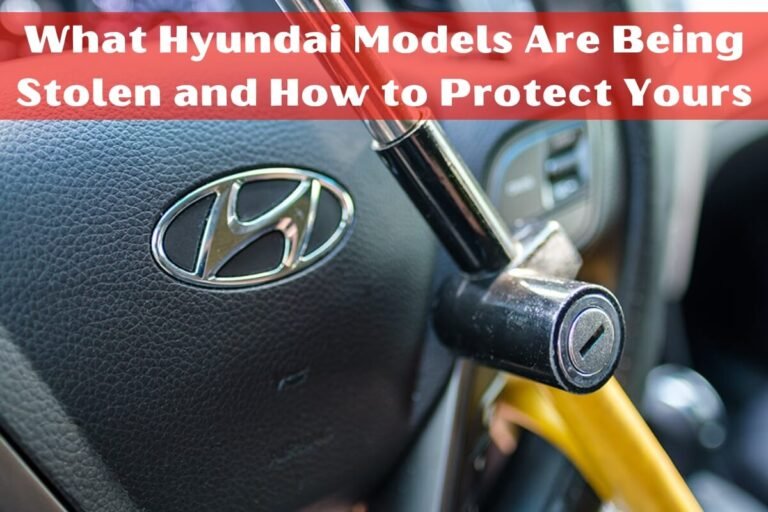Are Hyundai Cars Good? An Honest & Comprehensive Look
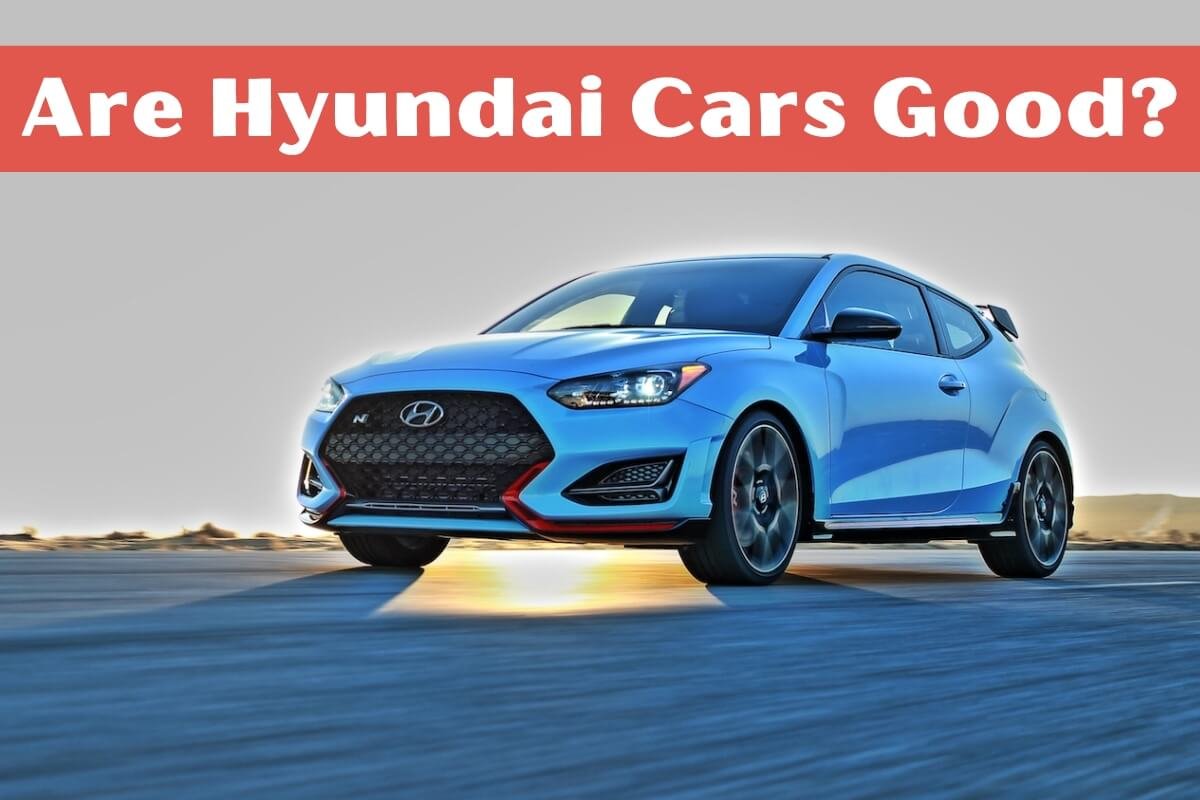
Over the past few decades, South Korean automaker Hyundai has transformed from an obscure brand into a major global player in the automotive industry. Their journey has been remarkable – from manufacturing basic economy cars to challenging heavyweights like Toyota and Honda with stylish, feature-packed, and increasingly reliable vehicles.
But are Hyundai cars actually good? Are they reliable enough to invest your hard-earned money into?
In short, yes – modern Hyundai vehicles represent excellent value for money with significantly improved quality and reliability ratings that meet or even exceed many of their mainstream rivals. However, there are certain areas where Hyundai still lags behind the leaders.
This in-depth look will examine Hyundai’s reputation for quality, how their vehicles fare in independent reliability studies, common problems reported, cost of ownership, safety credentials, and how they stack up against Japanese giants Toyota and Honda. We’ll also explore buying certified pre-owned Hyundais and their longevity at high mileages.
What is Hyundai’s Reputation for Car Quality and Reliability?
Hyundai’s road to establishing a reputation for quality and reliability has been a long and arduous one. In their early years, Hyundai vehicles were plagued by quality issues, prompting many to dismiss them as cheap, poorly-made econoboxes.
However, the company realized that to truly compete globally, they needed to up their game drastically. Hyundai implemented stringent quality control measures, signed partnerships with prestigious brands, benchmarked their vehicles against class leaders, and slowly but surely elevated their quality standards.
The results have been evident over the past decade or so. Hyundai now ranks among the most reliable car brands according to comprehensive studies by J.D. Power and Consumer Reports. Their vehicles consistently earn praise for build quality, driving dynamics, and dependability that was unheard of from Hyundai just years ago.
In the 2022 J.D. Power Vehicle Dependability Study, Hyundai ranked 7th out of 33 brands – ahead of stalwarts like Toyota, Lexus, Honda, Mazda and BMW. RepairPal also ranked Hyundai 4th out of 32 brands for reliability.
Hyundai’s Journey – From Underdog to Heavyweight
Hyundai’s rise as a manufacturer of truly reliable, well-built cars is nothing short of remarkable. From the humble Pony in the 1970s to the game-changing Sonata in the 1980s, followed by the affordable yet high-quality new millennium models like the Elantra, Tucson and Santa Fe – Hyundai has scripted an underdog story for the ages.
A key turning point was Hyundai’s audacious 10-year/100,000-mile powertrain warranty introduced in the late 90s. This bold customer-friendly program underscored the company’s commitment to quality and helped restore consumer faith.
Major prestigious awards like the Sonata being named Most Dependable Midsize Car (2019) and the Palisade winning Best Upper Midsize SUV (2022) by J.D. Power further validated Hyundai’s quality resurgence. The company still has room for improvement in certain areas, but their phenomenal transformation is undeniable.
How Do Hyundai Cars Fare in Independent Quality & Reliability Studies?
Actions speak louder than words, and Hyundai’s efforts seem to be paying off if we analyze their performance in credible, independent quality and reliability studies conducted by unbiased experts.
In the esteemed 2022 J.D. Power Vehicle Dependability Study, which measures problems experienced over 3 years of ownership, Hyundai ranked an impressive 7th out of 33 brands. This placed them comfortably ahead of stalwarts like Toyota, Lexus, Honda, Mazda and BMW who are renowned for reliability.
Similarly, Consumer Reports data shows that 8 Hyundai models rank among the top 3 of their respective vehicle segments for reliability. These include the Hyundai Kona Electric, Kona, Tucson, Palisade, Santa Fe, Sonata Hybrid, and the new Ioniq 5 electric crossover.
When examining specific models, several Hyundai cars and SUVs stand out as class leaders. The Hyundai Palisade was ranked the Most Reliable Upper Midsize SUV by J.D. Power in 2022, while the Santa Fe took home the Most Reliable Midsize SUV award in 2019. The Kona EV and Venue subcompact SUV have also earned accolades for exceptional reliability.
On the flip side, certain older Hyundai models like the 2011-2014 Sonata and 2013/2016 Elantra generations have poor reliability scores due to persistent complaints about engines, transmissions and electrical bugs. This illustrates that while Hyundai has made immense strides, inconsistencies in reliability remain across their entire lineup.
What Experts are Saying About Hyundai Reliability
Don’t just take Hyundai’s word for it – impartial experts and trusted auto industry analysts have plenty of positive sentiments about the brand’s reliability transformation.
Veteran journalists like Doug DeMuro praise Hyundai’s attention to detail and rigorous quality control processes in their manufacturing facilities – something that was lacking just a decade ago. Noted auto authorities like Kelley Blue Book and Edmunds routinely recommend Hyundai cars due to their excellent value proposition with higher reliability than expectedI.
In their review of the Hyundai Palisade, the editors at Car & Driver state, “Improving quality and desirability with each redesign, Hyundai is solidifying its position as a major player in the mainstream SUV ranks against established Japanese rivals.”
While caution remains about Hyundai’s ability to match the bullet-proof reliability of Toyota or Honda, industry experts largely agree that the Korean brand is firmly among the leaders when it comes to mainstream value and dependability.
Common Problems Reported With Hyundai Cars
Despite the gains Hyundai has made in overall quality and reliability, they are not immune to experiencing issues – some more widespread than others across their lineup.
One of the biggest problem areas surrounds engine reliability. Multiple Hyundai models like the 2011-2014 Sonata, 2010-2013 Tucson, and Veloster faced excessive engine failures and fires related to engine debris contamination or faulty components. Hyundai was forced to issue recalls and enhance their quality control on engines.
Electrical problems have also plagued many Hyundai vehicles past and present. Issues range from faulty alternators and batteries to infotainment system glitches, dash lights flickering, and even complete electrical system failures leaving cars stranded. Models like the Elantra, Santa Fe and Genesis have all faced such electrical demons.
Other common complaints include poor anti-lock brake performance, excessive oil consumption by certain engines, premature transmission failures, defective catalytic converters, and problems with the steering system exhibiting numb or loose behavior.
It’s worth noting that in many cases, Hyundai quickly identifies these issues through customer complaints and pro-actively works to rectify them under warranty or via recalls and revised components. However, it does little to change the customer’s negative experience.
How Hyundai Stacks Up Against Japanese Rivals
A true test of any brand’s quality and reliability is to benchmark them against class-leaders set by Japanese powerhouses like Toyota, Honda, Nissan and Subaru. Hyundai has consistently worked to close this gap, but how do they truly measure up?
In the 2022 J.D. Power Vehicle Dependability Study, Hyundai ranked 7th – commendable, but still behind brands like Lexus (1st), Kia (3rd), Toyota (5th) and Mitsubishi (6th). Similarly, RepairPal’s rankings see Hyundai place a respectable 4th but trail Toyota, Lexus and Kia.
However, analyzing ownership costs data from sources like Kelley Blue Book paints a different picture. Hyundai’s models like the Elantra, Sonata, Tucson and Santa Fe often undercut direct Japanese rivals when it comes to 5-year ownership costs comprising factors like fuel, repairs, insurance and depreciation.
In terms of initial quality or problems per 100 vehicles in the first 90 days of ownership, Hyundai again loses out to Toyota, Honda and many other Japanese brands as per the J.D. Power 2023 Initial Quality Study.
Cost of Ownership and Maintenance for Hyundai Vehicles
When it comes to the all-important long-term cost of ownership, Hyundai vehicles tend to make a very compelling case for themselves against traditional Japanese competitors.
Data from repair cost tracking websites like RepairPal shows that the average annual repair cost for a Hyundai is just $468 – significantly lower than the $652 average across all models. Hyundai owners also visit the repair shop 0.3 times per year for unscheduled repairs, versus the 0.4 average frequency.
Kelley Blue Book’s comprehensive 5-Year Cost to Own data, which factors in fuel costs, insurance, repairs, depreciation and all associated fees, routinely places Hyundai’s offerings like the Sonata, Elantra, Tucson and Venue among the most affordable to own in their respective segments.
For example, the 2022 Hyundai Santa Cruz compact pickup trumps the Toyota Tacoma and Ford Ranger with an estimated 5-year ownership cost of just $29,921. Similarly, the 2023 Venue subcompact crossover has the lowest cost to own in its class at $34,260 for 5 years.
Contributing to Hyundai’s low operating costs is their excellent warranty coverage dubbed “America’s Best Warranty.” It includes a 5-year/60,000-mile bumper-to-bumper warranty plus an exceptional 10-year/100,000-mile powertrain warranty – additional peace of mind rivaling Honda and Toyota.
However, one area where Hyundai lags is resale value retention after 5 years of ownership. Hyundai vehicles tend to depreciate faster than comparable Honda or Toyota models, which have stronger brand equity and perceived higher residual value in the used car market.
What Do Owners Say About Their Hyundai Cars?
To get an accurate picture of real-world Hyundai ownership experience, we turned to multiple owner forums, social media groups and review aggregators to analyze sentiments around their cars from actual buyers.
On Reddit’s vehicles community, long-term Hyundai owners seem largely satisfied with their purchases. Compliments revolve around the value proposition, warranty coverage, responsive dealership service, and models like the Palisade and Tucson delivering solid dependability.
A few negative comments mention electronics issues like flickering dash lights in some models, non-durable plastic interiors, and a questionable future resale value compared to Japanese competitors.
On Edmunds, where real owners review their vehicles, the 2023 Hyundai Palisade averages a stellar 4.8/5 rating compiled from over 300 owner reviews. Praise centers around the sophisticated styling, long list of features for the money, spacious interiors and overall comfort. Gripes are relatively minor and mostly around infotainment system quirks.
Hyundai’s compact sedans like the Elantra and midsize Sonata also earn robust 4.5+ out of 5 satisfaction ratings on Edmunds from owners appreciating their efficiency, driving dynamics, huge feature list relative to the affordable pricing, and Hyundai’s excellent warranty.
Certain older models like the 2011 Sonata attract more negative reviews due to well-documented engine issues that plagued those earlier Hyundai generations. But most owners seem optimistic that Hyundai is evolving into a brand matching the Japanese stalwarts in terms of product excellence.
Hyundai’s Safety Ratings and Advances
Aided by their commitment to integrate advanced safety tech even in budget-friendly models, Hyundai now consistently ranks among the safer mainstream car brands per crash test and safety ratings from IIHS and NHTSA.
In the 2023 model year, the Hyundai Palisade, Nexo, Ioniq 5 electric crossover, Ioniq 6 electric sedan, Santa Fe, Tucson and Santa Cruz pickup earned the coveted IIHS TOP SAFETY PICK+ award – the highest possible safety rating.
Similarly, several Hyundai models like the 2023 Sonata, Venue, Kona and Accent received a 5-Star Overall Vehicle Score for safety from the NHTSA’s stringent assessment program.
The high safety ratings are enabled by a comprehensive suite of advanced driver assistance technologies that Hyundai brands as ‘Hyundai SmartSense.’ This includes features like:
- Forward Collision-Avoidance Assist
- Lane Keeping & Lane Following Assist
- Blind Spot Collision-Avoidance Assist
- Driver Attention Warning
- Safe Exit Assist
- Rear Cross-Traffic Collision-Avoidance Assist
- Smart Cruise Control withStop & Go
Many of these semi-autonomous ADAS functions come standard even on entry-level Hyundai trims like the SE or SEL. This marks a distinct departure from making such vital safety tech optional or limiting it to higher, more expensive variants.
Hyundai’s focus on democratizing advanced safety features puts them on par with Honda’s ‘Honda Sensing’ and Toyota’s ‘Safety Sense’ tech suites found in their modern lineups. The resultant high safety ratings illustrate that Hyundai’s efforts seem to be paying off in keeping vehicle occupants well-protected.
Hyundai vs Toyota/Honda – Which Brand Wins for Reliability?
When it comes to comparing Hyundai’s reliability against the stalwarts Toyota and Honda, the Korean brand fares admirably but still trails slightly based on comprehensive data by respected sources.
In the 2022 J.D. Power Vehicle Dependability Study, Toyota finished 5th while Honda placed 16th – ahead of Hyundai’s 7th rank. RepairPal’s reliability ratings award Toyota the top spot, followed by Lexus, Kia, Hyundai and Honda rounding the top 5.
Consumer Reports’ latest Auto Reliability Report gives Toyota and Lexus the highest rating, followed by Mazda, Infiniti and Honda in the top 5. Hyundai sits in the second-highest tier alongside Genesis, Acura and Mini. Though lagging behind Toyota/Lexus/Honda, Hyundai outperforms Ford, Nissan, Subaru and several other mainstream automakers here.
Where Hyundai trumps both Toyota and Honda is value – their vehicles deliver superior tech, comfort and convenience features compared to similarly priced Japanese models. Additionally, Hyundai’s warranty coverage remains unmatched with that 10yr/100k mile powertrain coverage versus just 5yr/60k mile from Toyota and Honda.
The 2023 Hyundai Palisade midsize SUV offers far more premium amenities like ventilated seats, head-up display, cooled seats and extensive driver aids as standard compared to the base Toyota Highlander or Honda Pilot. Similarly, the Hyundai Sonata midsize sedan undercuts the Camry and Accord by thousands while matching them for performance and efficiency.
From a brand equity perspective, Toyota’s and Honda’s reputations for reliability still exceed Hyundai despite their rapid strides. This allows Toyota/Honda to command higher resale values in the used car market compared to Hyundai’s faster depreciation rates.
But for shoppers financing or leasing a new mainstream Hyundai model, the superior value proposition relative to Japanese competitors combined with rapidly improving quality and dependability makes them very compelling options.
Why Opting for Certified Pre-Owned Hyundai is a Smart Choice
If you’re considering a pre-owned Hyundai but are wary about potential reliability or ownership costs, opting for a Certified Pre-Owned (CPO) vehicle from Hyundai’s manufacturer program is a smart way to mitigate these risks.
Hyundai’s rigorous certification process involves a thorough 173-point Quality Assurance inspection to ensure only the highest quality pre-owned vehicles make the cut. This covers all major components and systems for complete peace of mind.
Every CPO Hyundai also includes:
- 10-year/Unlimited Miles Powertrain Limited Warranty
- 5-year/60,000-mile New Vehicle Limited Warranty
- 10-year/Unlimited Miles Roadside Assistance
- CARFAX Vehicle History Report
- SiriusXM Satellite Radio Trial
- Rental Car Reimbursement & Travel Breakdown Benefits
This comprehensive coverage gives Certified Pre-Owned Hyundai buyers exceptional warranty protection similar to a new car for up to 10 years from the original service date. Any repair costs for powertrain and other covered components are drastically minimized as well.
From a financial perspective, CPO Hyundai models frequently offer significant cost savings over brand new ones while delivering like-new quality assurance. Interest rates on CPO financing from Hyundai tend to be lower than rates for used car loans from banks or credit unions. Additionally, the included factory warranty helps mitigate unexpected repair costs during ownership.
Given the price premium commanded by Certified Pre-Owned vehicles from Honda, Toyota and Lexus, a CPO Hyundai can represent stellar value for shoppers on a budget without compromising on peace of mind. It’s an intelligent way to acquire a nearly-new Hyundai with bumper-to-bumper coverage at a very reasonable cost of ownership.
Are Hyundais Still Good Cars After High Mileage?
One of the persistent concerns around purchasing any pre-owned vehicle is its long-term reliability and longevity, especially after racking up higher mileage on the odometer. So how do Hyundai’s fare in terms of reliability and driveability after crossing the 100,000 or even 200,000 mile mark?
Numerous reports and first-hand accounts from owners showcased on forums and review platforms indicate that when properly maintained, modern Hyundai vehicles can prove to be surprisingly robust and durable even at higher mileages of 150,000+ miles.
On the Hyundai Forums, there are multiple threads celebrating owners crossing the 200,000 and even 300,000 mile marks with their Sonatas, Elantras, Tucsons and Santa Fes. With religious servicing and some higher mileage components replacements, these Hyundais appear to keep on trucking.
RepairPal’s data suggests an average annual repair cost of just $468 for Hyundai vehicles- lower than most mainstream brands. This cost-effective maintenance contributes to Hyundais providing excellent bangs for the buck in high mileage scenarios.
However, most experts and mechanics recommend adhering strictly to Hyundai’s recommended maintenance schedule that includes regular fluid changes, inspections, and part replacements at defined mileage intervals. Neglecting maintenance is a surefire way for any vehicle to encounter escalating repair needs and failures.
Additionally, Hyundai’s extensive 10yr/100k mile powertrain warranty coverage means that for the first decade or 100,000 miles at least, buyers remain covered for any major engine, transmission or drivetrain issues – offering excellent peace of mind against expensive outlays in this period.
If you plan to acquire a pre-owned Hyundai and intend to rack up higher mileages, opting for a Certified Pre-Owned model from Hyundai’s manufacturer program can prove to be a smart ownership solution. The included long warranty coverage makes high mileage ownership more financially viable.
Overall, while Hyundais may not be as legendary as Toyota or Honda for achieving extraordinarily high odometer readings, they stack up pretty well in terms of cost-effective, reliable longevity for the mainstream car buyer with proper maintenance. The brand has come a long way from its humble econobox roots.
Let’s Finish
Hyundai’s journey from being an underdog budget brand to a manufacturer of increasingly reliable, well-equipped and safe vehicles has been truly remarkable over the past couple of decades. While they may still trail behind Toyota, Lexus and Honda in certain quality metrics, Hyundai is clearly nipping at their heels as a formidable mainstream competitor.
The value proposition offered by Hyundai’s modern lineup – in terms of features per dollar, warranty coverage, safety ratings and low running costs – is simply unmatched by most mainstream rivals, including the Japanese brands they benchmark against. Concerns around reliability have been largely put to bed as Hyundai models achieve impressive scores in independent studies.
Certain issues still persist around consistent build quality between different Hyundai models, electronics reliability, and long-term residual values not matching the stalwarts. But Hyundai’s accelerated transformation suggests these gaps could be addressed in the coming years.
For shoppers seeking an affordable new car packed with the latest tech and amenities, yet not wanting to compromise on quality, dependability and ownership peace of mind – Hyundai’s modern lineup presents a highly compelling proposition undoubtedly making them “good cars” worth serious consideration. Their certified pre-owned program also delivers immense value for used buyers.
As Hyundai continues raising the bar with every subsequent vehicle generation, the Korean brand seems well on its way to establishing itself as the new gold standard for affordability aligned with reliability in the mainstream automotive market.
